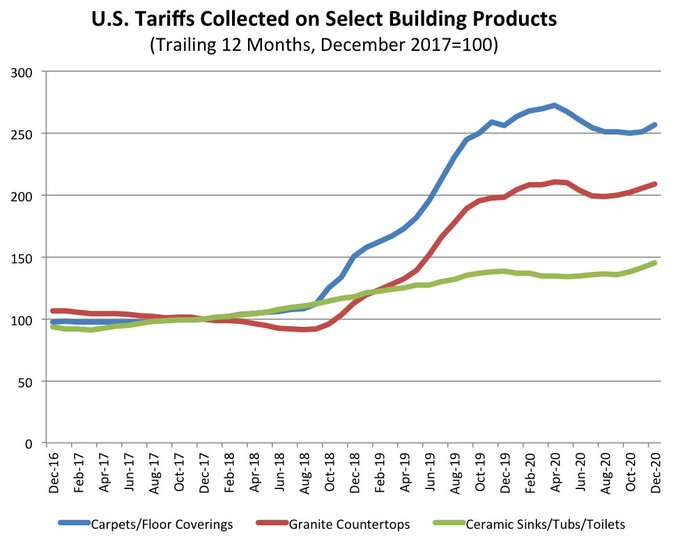Navigating the world of construction contracts can feel like traversing a legal minefield, especially when unexpected costs pop up. One common concern for homeowners embarking on building projects is whether a builder can legally pass on price increases for materials that occur after the contract has been signed. The answer to whether a builder can charge you for a material price increase often depends heavily on the specific terms outlined in your construction agreement and the prevailing laws in your jurisdiction. Understanding the nuances of your contract and seeking legal advice when needed is crucial to protecting your financial interests in the face of unexpected expenses like a material price increase.
Understanding Your Construction Contract
The foundation of resolving any dispute over material price increases lies within the four corners of your construction contract. This document should clearly define the scope of work, the agreed-upon price, and any clauses addressing potential price fluctuations. Pay close attention to the following:
- Fixed-Price Contracts: These contracts typically guarantee a set price for the entire project, offering homeowners the most protection against cost overruns. However, even fixed-price contracts may contain clauses allowing for adjustments under specific circumstances.
- Cost-Plus Contracts: These contracts involve the homeowner paying the builder’s actual costs plus a percentage or fixed fee for their services. Cost-plus contracts inherently carry a greater risk of price fluctuations, as the final cost is not predetermined.
- Escalation Clauses: These clauses explicitly address the possibility of material price increases. They may outline a formula for calculating the increase, set a cap on the amount the price can increase, or specify the materials subject to escalation.
Legality and Enforceability
Even if your contract contains a clause allowing for price increases, its enforceability may be challenged. Several factors can influence a court’s decision:
Factors Affecting Enforceability
- Unconscionability: A court may refuse to enforce a clause that is deemed grossly unfair or oppressive. For example, a clause allowing for unlimited price increases could be considered unconscionable.
- Notice Requirements: Many contracts require the builder to provide timely notice of any price increases, along with supporting documentation. Failure to comply with these requirements may invalidate the price increase.
- Good Faith: Builders are generally expected to act in good faith and deal fairly with homeowners. Attempting to inflate prices or taking advantage of unforeseen circumstances could be considered a breach of good faith.
Negotiation and Dispute Resolution
If you find yourself facing a builder demanding additional payment due to material price increases, consider the following:
- Review your contract meticulously: Understand your rights and obligations under the agreement.
- Communicate with the builder: Attempt to negotiate a mutually agreeable solution. Perhaps you can agree to split the cost increase or find alternative materials.
- Seek legal advice: An attorney specializing in construction law can review your contract and advise you on your legal options.
- Consider mediation or arbitration: These alternative dispute resolution methods can be less costly and time-consuming than litigation.
Ultimately, whether a builder can successfully charge you for a material price increase depends on the specifics of your contract, the applicable laws, and the willingness of both parties to negotiate in good faith. To prevent disputes from arising, it’s crucial to have a clear and comprehensive construction contract that addresses the possibility of price fluctuations upfront. By understanding your rights and seeking professional advice when needed, you can protect yourself from unexpected costs and ensure a successful construction project.


